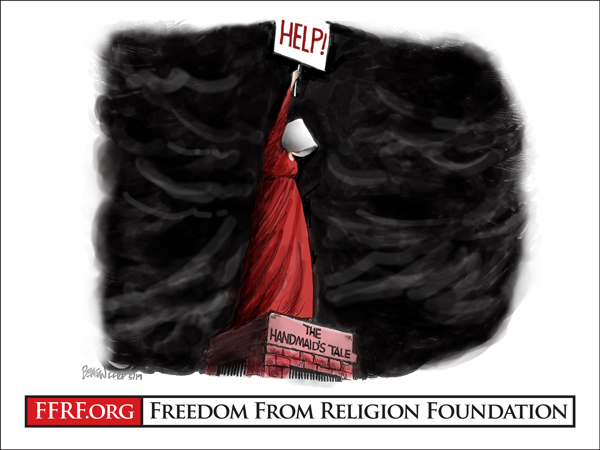
The U.S. Senate is slated to vote this afternoon on two punishing bills intended to pander to anti-choice religious extremists.
The first, the insidiously branded “Pain-Capable Unborn Child Protection Act,” bans nearly all abortions after 20 weeks. The second, the equally dubious “Born-Alive Survivors Protection Act,” requires doctors to use all means available to “save the life of a baby born after abortion.”
These bills are categorically unnecessary. According to the Centers for Disease Control and Prevention, late-term abortions (those after 20 weeks) accounted for just over 1 percent of abortions in 2016. Medical experts say there is no evidence that fetuses feel pain at 20 weeks, and fetuses “surviving abortion” is an event that is exceedingly rare and typically occurs when a doctor must induce labor to terminate a nonviable pregnancy. Both bills are sure to face an almost-certain demise in the Democrat-controlled House of Representatives should they pass the Senate.
As much as anti-choice advocates would like you to believe otherwise, Senate Majority Leader Mitch McConnell hasn’t scheduled these measures for a vote today to improve maternal health or pregnancy outcomes. Rather, this is a thinly veiled stunt to activate the Christian Nationalist base of his party at the expense of women’s safety.
FFRF has long held that access to safe, legal abortion is a state/church issue. The only organized opposition to abortion and contraceptive access is religiously motivated. Anti-choice activists seek to legislate their personal religious dogma and inflict it on other unwilling citizens, even to the extent of forcing women to continue unwanted pregnancies at great personal cost to their future, health and existing families.
These cheap political gimmicks succeed in pandering to a conservative religious base, while they propel inflammatory, inaccurate anti-choice rhetoric that is intended to push abortion access further out of reach, especially for the most vulnerable women.
Limitations on abortion are unpopular among voters. Polls consistently show that more than six in 10 Americans want abortion to remain legal in all or most cases.
The decision whether to have a child is a personal and intimate one that ought to be made without interference from politicians. Late-term abortions in particular often arise out of unforeseen necessity during particularly difficult pregnancy complications. It is unspeakably shameful for any lawmaker to wield access to this life-saving health care as a tool to score political points. People who oppose abortion should not have one, but they also have no right to use their positions of power to inject religion into our secular laws.

